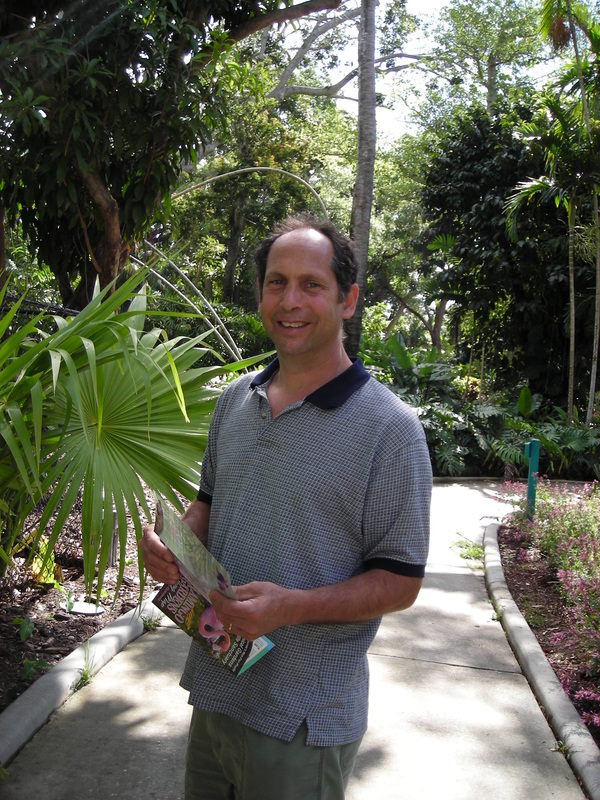Back then, 40 or so years ago, most of us engaged in this practice were young. The teachers who had come from Asia were older but we enthusiastic students were almost all young. Now when I go to retreat we are almost all old. And the small sangha here where I live is almost all older people. Sometimes I think that there are very few younger people with the enthusiasm and dedication to follow this path. Maybe I just live in the wrong place. It seems to me that today's world has more need then ever for a practice that teaches concentration, awareness and mindfulness. Technology is taking us in exactly the opposite direction.
I have this idea which I call the sugar theory. It goes something like this. In our evolution as humans a natural balance developed between our desires for what is important for survival and what the natural environment provides. The balance was good because the natural environment kept satisfaction of our desires in healthy limits The problem comes when our human ingenuity throws this balance off and we are able to satisfy a desire to the point where it becomes unhealthy. A simple example is our desire for sweet things. Most humans have a natural sweet tooth. Evolutionarily this desire pushes people to eat the sweet things in the environment which in the natural environment is fruit. Fruit is a very important source of necessary vitamins and fruit is one of the few things in the natural environment that is sweet. But now through human ingenuity we can have as much sweets (sugar) as we want and the balance is thrown off. Our natural desire for sweets pushes us to eat sugar to dangerous levels.
I think this type of analysis can be applied to all ranges of human endeavor from food to politics to modern technology. A Buddhist might simply say that desire is the problem and that we buddhist should try to eliminate all desires. I don't think that is quite the right interpretation of the teachings. Yes, the Buddha taught that we suffer because of our desires but we suffer because of a deep attachment to our desires and then the frustration of unfulfilled desire which just causes more desire. But a simple desire like "I want to eat something sweet" is not a problem if viewed without attachment and with rationality.
So today what I view as having lost balance is our activity as social animals in our desire to be affirmed through social contact and our need to develop as individuals. What I am talking about is the ease of social communication through technology. We love this technology. It is like sugar but somehow like sugar we must learn to use it with restraint. But from a Buddhist practitioners perspective this technology can take us in a direction that opposes the direction that we Buddhists are trying to cultivate. If the Buddhist analysis of psychological health is correct then this technology if used without restraint is not healthy. This technology of communication is cultivating an almost insatiable desire to be in constant contact with our peer group through our handheld devices, and it is sort of a shallow contact. I watch couples in restaurants who spend their time engaged with their cell phones rather than each other. Children are engaged with their cell phones as they attempt to do school work. Studies show that office workers typically check email more than 100 times a day. The dangers of this technology is that it will create individuals that have lost the ability to focus and to connect to each other. All of this, I suspect, is creating a very shallow culture. As a society are we becoming less and less engaged with deeper questions?
I am not sure how this revolution in communication technology will play out in the long run but it poses potential hazards that we should not ignore. I think the discipline of meditation is a potential antidote to these hazards in that it trains us in discipline, concentration and awareness, the last two steps on the eightfold path, as well as be connected to the hear and now. We learn how our mind works. We learn not to be pushed around by desire and how to be unattached to our thoughts. We cultivate insight into the deep existential issues. And a good thing is that more and more of us are taking up some sort of meditation practice. But what I also see is that the practice of meditation is to some degree being co-opted by by our society as a tool to help us satisfy our shallow desires. We meditate to be more successful in work and sports and other endeavors not as a way to deepen an understanding of our selves and to probe the deeper questions.
These are some of my thoughts as I view the trends in our society, yet my deeper understanding is that all this is playing out in a drama that we cannot fully comprehend. It is easy to get caught up in a small dualistic view and find ourselves critical of these trends, yet my experience and Zen teachings also ask us to see events through the Big Mind, the mind of non-duality in which there is no discrimination between right and wrong, good and bad, that it is all just one big non-dual process playing itself out, and yet I perceive as subtly moving, on the grandest scale, towards self-realization.

 RSS Feed
RSS Feed